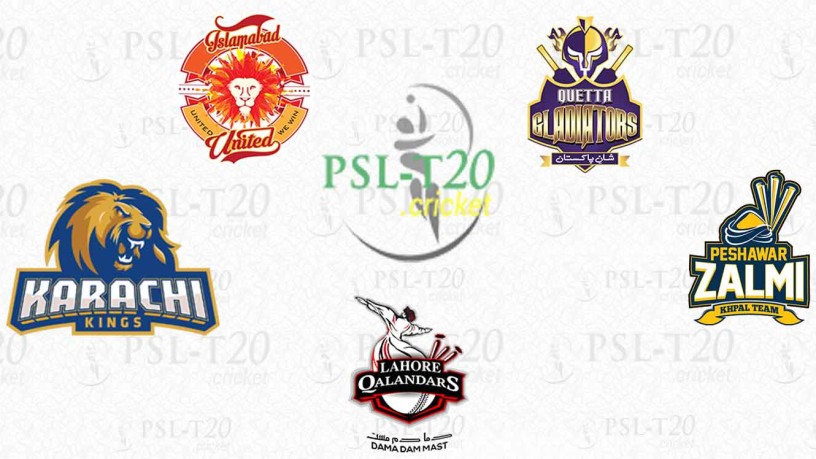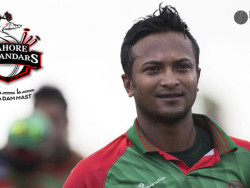Since terrorists attacked the Sri Lanka team’s bus in 2009, killing eight people and injuring nine others, including six touring cricketers, Pakistan has been forced to play nearly all its home series at neutral venues. This has major impact on cricket in the country, both in terms of passion as well as money. Although Pakistan was the pioneer in introducing cricket league in sub-continent during early half of last decade however the security situation had played the major role in downfall of cricket.
The PCB estimates it has lost nearly USD 200 million in TV and ticketing revenue from 2009 to date, a period which has also coincided with a boycott by India – cricket’s wealthiest nation, which guarantees massive paydays for opponents. To set about improving its economic health, the Pakistan Cricket Board (PCB) decided it needed to replicate the success of the cash-rich Indian Premier League (IPL), but two earlier attempts were aborted after a lack of sponsorship, in 2013 and 2014.
The BCB has decided to keep him Mustafizur away from the PSL. The board president too has agreed to compensate him in case of him not participating in the tournament
Pakistan Super League is evolution of earlier domestic leagues in the country, After two aborted attempts, the first edition of Pakistan Super League (PSL) will be held next month at two venues — Dubai and Sharjah — in the United Arab Emirates, the team’s home away from home.
“This was long overdue,” former PCB CEO Ramiz Raja told AFP. “I think the spread and the pie will be larger and the PSL will give hope and scope to Pakistan cricket besides helping emerging and middle-tier players.”
Compared to the IPL and Australia’s Big Bash League (BBL), the PSL looks like a “poor man’s league”. The IPL earned USD 700 million from the sale of eight franchises and attracted a whopping USD 1.75 billion from the sale of TV rights over a 10-year period. By contrast, the PSL’s five teams were sold for USD 93 million for a period of a decade while TV rights and title sponsorship fetched around USD 20 million for three years. While the teams – Karachi, Islamabad, Quetta, Lahore and Peshawar – were given a total salary cap of USD 1.1 million each, the IPL salary cap rose to USD 52.8 million for all teams combined in 2011.
What is done is done,” Alam said. “Now is a new time. We have to accept him. He is a talented cricketer, so we are very happy he is in our team.
Many in industry see the PSL inaugural season as first step towards the revival of cricket in country, since insiders agree there is little hope for the tournament to continue if it can’t eventually return home for greater gate and TV revenues. With lower salary caps than leagues elsewhere, it will also need to steer clear of the ever-present threat of fixing that has hit its predecessor leagues in India and Bangladesh, still bringing the league to Pakistan soil as soon as possible is key to its lasting success, further concept of merchandising was new to Pakistan, where rampant piracy remains an issue, and it would be difficult to give the competition a genuine league feel away from home.
“Everybody’s hoping and projecting that the league will come to Pakistan. If it doesn’t come in two to three years then the viability becomes difficult. It’s a bit untested. You’re playing 25 to 30 matches in two venues. There is a limit you can draw. You don’t get the league feel of home and away games until you bring it to Pakistan — that’s when you can create a genuine buzz.”
Pakistan is rolling the dice on global superstars such as Chris Gayle and Kevin Pietersen to boost the hype surrounding the PSL, however it appears to be heading in right direction. As rightly summed up by Salman Iqbal, the businessman who owns the Karachi Kings franchise,
“Pakistan is the second largest cricket nation, We eat cricket, we sleep cricket, we are crazy about cricket. Two weeks ago, we did a musical event launching the Karachi Kings at the National Stadium. We had 33,000 people in the stadium. It was jam packed, and it was a ticketed event, not a free event. People paid to come to it, This was not an India v Pakistan game, this was just introducing our team, so it shows the Karachi people have accepted that. Given the craze people have to be part of cricket, I think this will be the second largest league in the world.”




